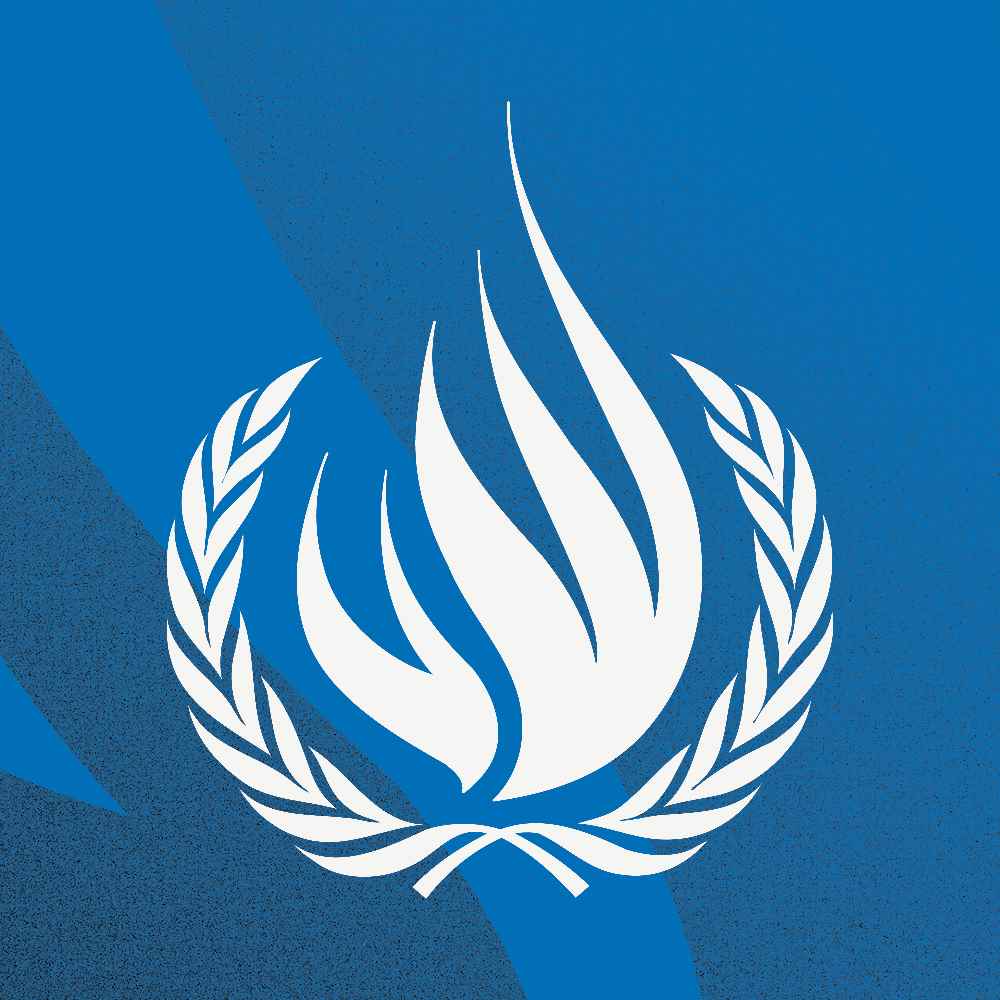
GENEVA (21 March 2022) – The international community must step up to the challenge of reviving engagement with the Democratic People’s Republic of Korea to address serious human rights violations, a UN expert told the Human Rights Council today, saying prolonged isolation of North Korea was not a solution.
In his final report to the Council, Tomás Ojea Quintana , the UN Special Rapporteur on the situation of human rights in the DPRK, urged North Korea to facilitate the return of international organisations, including the UN, to provide humanitarian and development assistance.
“Leaving North Korea in isolation and maintaining the status quo offers no solutions to help address the dire human rights situation there,” said Quintana, whose term as mandate holder ends on 31 July 2022.
“Over the past six years, I have unfortunately witnessed a further deterioration of the human rights situation inside of the country. I call on the Government to fully respect the rights of the people and to abide with international human rights law.”
North Korea is more isolated than ever under the prolonged full-scale border shutdown and travel restrictions between cities and regions since January 2020 as part of the government’s response to COVID-19. The oppressive control over the population has further tightened, including through shoot-on-sight orders at the borders and an “anti-reactionary thought” law that includes the death penalty for accessing information from abroad.
Kwanliso (political prison camps) remain operational and are fundamental to the control of the population, said Quintana, adding they epitomized the systemic nature of human rights violations in North Korea. “Many of these violations entail crimes against humanity being committed in the DPRK. Concrete accountability processes are urgently needed, either at the national or international level,” he said.
Chronic food insecurity remains widespread, and has likely worsened with the collapse of trade following the closure of the country’s borders. The prolonged measures in response to COVID-19 may no longer pass the tests of necessity and proportionality, given the extent of their impact on access to food, healthcare and livelihoods, the UN expert said. Segments of the population, especially vulnerable populations, may be facing hunger and starvation.
In his report, Quintana makes several concrete recommendations which offer a long-term roadmap for engagement with North Korea on human rights. These include engagement to address the issues surrounding prison conditions, those with disabilities, and advancing economic and social rights more broadly.
“The urgent priority is for North Korea to facilitate the return of United Nations agencies, other international organizations and the diplomatic community,” he said. “The United Nations should negotiate and support this process to allow for humanitarian and development activities.
“I also call on the international community to agree on a strategy to facilitate North Korean access to a sufficient amount of COVID-19 vaccinations to ensure full vaccination of the entire population. This would support their rights to adequate health but would also be key to opening North Korea’s borders and resuming its interactions with the international community. I once again call on North Korea to engage with my mandate and allow me to visit the country before I finish my term.
“As we witness the war in Ukraine, and other ongoing armed conflicts in the world, Member States and the international community as a whole must prevent a new cycle of military tension on the Korean peninsula and move the human rights agenda to the fore”, Quintana said. “Ultimately, the United Nations and key States should play a critical role in achieving peace on the Korean peninsula.”






